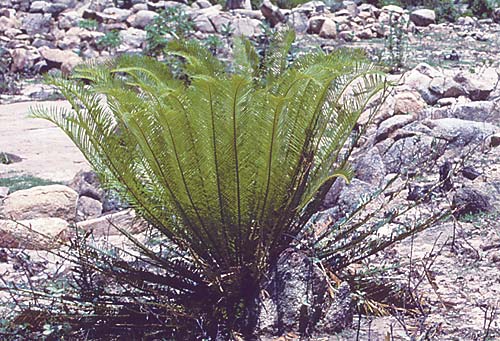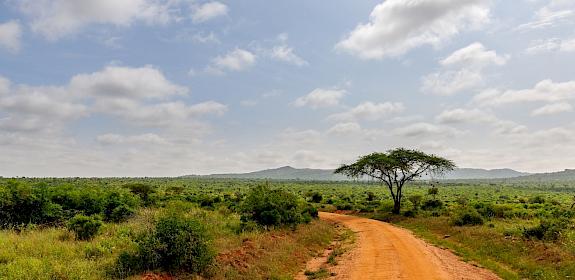‘Living fossils’ used as trade case studies
Ha Noi, Viet Nam, 1st and 2nd November 2012—Cycads—ancient plant species sometimes referred to as ‘living fossils’ because they have remained unchanged for millions of years—were chosen to examine the implementation of new guidelines developed by TRAFFIC to determine whether or not trade in perennial plants is sustainable.

The guidelines are aimed at helping CITES (The Convention on International Trade in Endangered Species of Wild Fauna and Flora) Management and Scientific Authorities, the national bodies charged with implementing the Convention, determine whether trade is detrimental to a species’s survival or not. If it is not detrimental, then the Authority can issue a Non-Detriment Finding (NDF)—a requirement before CITES trade permits can be issued. NDFs are therefore central to the successful implementation of CITES regulations.
Last week, CITES Management and Scientific Authorities and other experts from Viet Nam, together with representatives from the CITES Secretariat, the Scientific Authorities from the UK and Germany, and TRAFFIC, met in Ha Noi to test the application of new NDF guidelines developed by TRAFFIC and WWF Germany.
They examined “real life” cases of cycads, plants known to be heavily impacted by high levels of trade. Many cycads are popular in the horticultural trade and mature individuals can fetch high prices on the international market. Viet Nam has 24 cycad species, many of them highly threatened by habitat loss and unsustainable harvesting, both for domestic and international trade.
Participants examined case studies of three species currently banned from trade in Viet Nam, to determine whether applications for trade should be considered detrimental or non-detrimental to the species’ survival.
The outcomes and findings from the two-day meeting in Ha Noi will now be used to improve the guidance materials currently being developed for CITES Parties, which will be launched in 2013.
The meeting and development of the NDF guidelines was generously supported through funding from the German Government’s Federal Agency for Nature Conservation (BfN).



